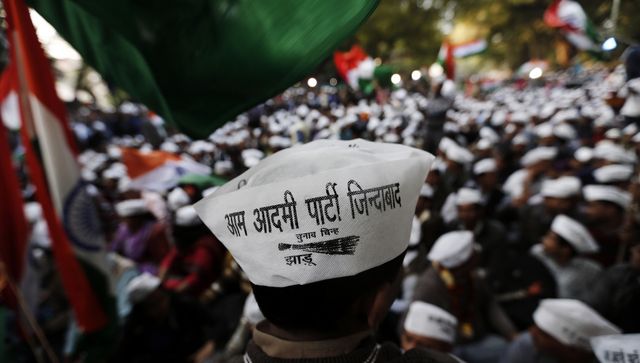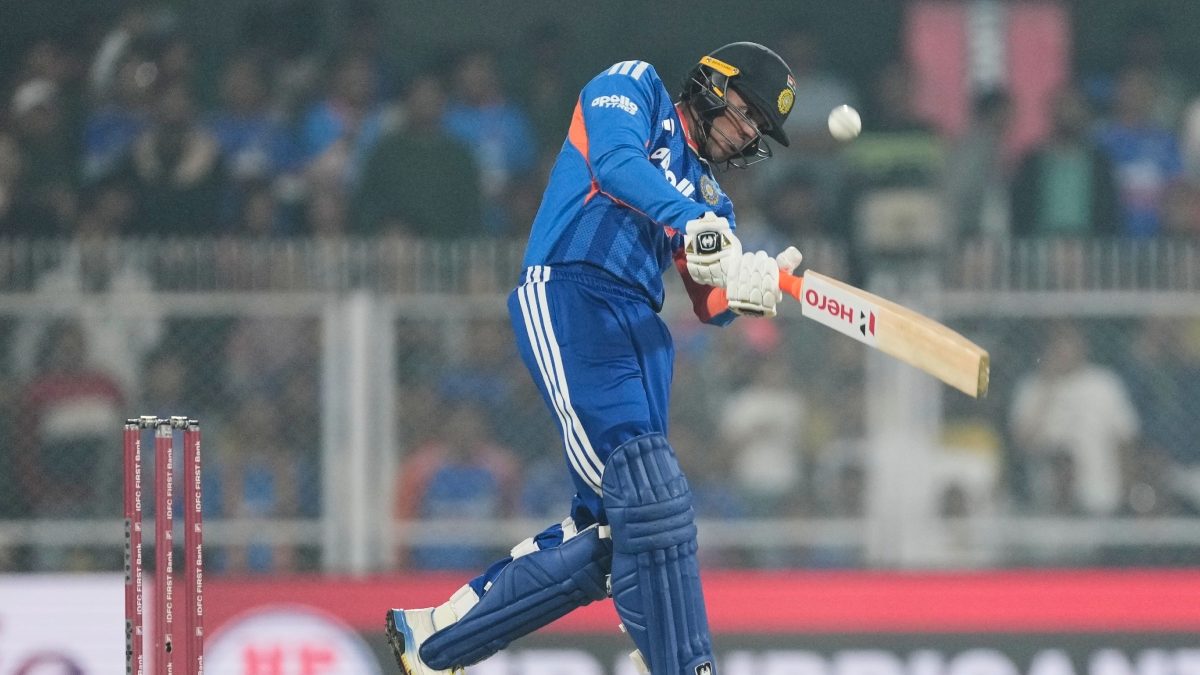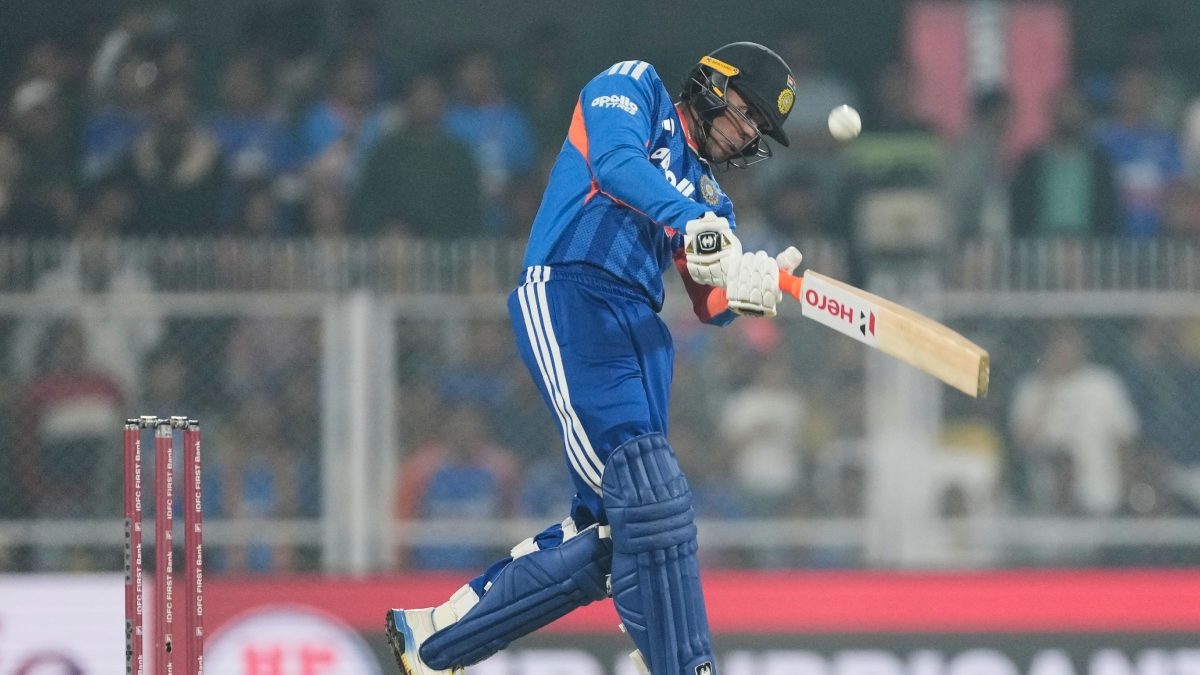The Enforcement Directorate (ED) told the Supreme Court on Monday (16 October) that it is “contemplating” naming the Aam Aadmi Party (AAP) as an accused in its money laundering probe in the Delhi government’s now-scrapped excise policy case. The remarks came while the two-judge bench of Justices Sanjiv Khanna and SVN Bhatti were hearing the bail pleas of former Delhi deputy chief minister Manish Sisodia.
Additional Solicitor General (ASG) SV Raju, representing the ED and the Central Bureau of Investigation (CBI), reportedly told the court that the central probe agencies were considering making the AAP an accused and invoking offences of “vicarious liability” under the anti-money laundering law and section 70 of the Prevention of Money Laundering Act (PMLA).
Additional Solicitor General SV Raju, appearing for probe agencies, tells Supreme Court that they are contemplating on making AAP an accused in liquor policy irregularities matter. Probe agencies' submission came while hearing bail plea of Manish Sisodia in the case. Hearing on… pic.twitter.com/wZynsr7fQa
— ANI (@ANI) October 16, 2023
How can a political party be booked for money laundering? What are the ED’s allegations against AAP? What steps can the Election Commission (EC) take if AAP becomes an accused? We explain.
What does the law say?
According to the Prevention of Money Laundering Act, 2002, an offence has been committed if a person “indulges or knowingly assists or knowingly is a party or is actually involved in any process or activity” linked to the proceeds of crime.
Quick Reads
View All‘Proceeds of crime’ refers to any “property derived or obtained, directly or indirectly, by any person as a result of criminal activity relating to a scheduled offence or the value of any such property [or where such property is taken or held outside the country, then the property equivalent in value held within the country or abroad”, says the Act.
Section 70 of the PMLA deals with offences by companies.
According to the provision, “Where a person committing a contravention of any of the provisions of this Act or of any rule, direction or order made thereunder is a company, every person who, at the time the contravention was committed, was in charge of and was responsible to the company, for the conduct of the business of the company as well as the company, shall be deemed to be guilty of the contravention and shall be liable to be proceeded against and punished accordingly.”
Although a political party is not a ‘company’ under the ambit of the Companies Act, 2013, the explanation of this provision could be key in bringing a political party under the purview of the PMLA, according to Indian Express.
Explanation [1] of Section 70 states “company” means any body corporate and includes a firm or other association of individuals”.
As the newspaper noted, Section 29A of the Representation of the People Act says that “political party” means “association or a body of individual citizens of India registered with the Election Commission”.
Thus, ‘association of individuals’ may refer to a political party. However, a legal expert has questioned whether AAP can be “implicated under Section 70 of the PMLA” as a political party does not come under the definition of a company stated under the provision, reported Indian Express.
Allegations against AAP
The ED has accused the AAP of being a recipient of the proceeds of crime in the alleged excise scam. The central agency alleged that the Arvind Kejriwal-led party collaborated with a “South Group” under which the latter funded the AAP’s Goa election campaign, reported NDTV.
The so-called group was to recover this money through the liquor businesses it runs in the National Capital, claimed the agency.
Besides Sisodia, AAP leader and Rajya Sabha MP Sanjay Singh has also been arrested in connection with the excise policy case.
The ED’s proposal to name the AAP in the case has come after the top court asked in a hearing on 4 October that why the political party, which the central agency alleges is the beneficiary of the Delhi excise policy ‘scam’, is not an accused in the money laundering case.
“As far as PMLA is concerned, your whole case is that it went to a political party. That political party is still not an accused. How do you answer that?,” Justice Khanna had asked the ED.
If the ED goes ahead and books AAP under the PMLA, this would be the first instance of a political party being accused of money laundering. Earlier, political parties have been charged under the Income Tax Act.
What will EC do?
If AAP becomes an accused, it would be an unprecedented situation for the Election Commission of India.
The poll body has the power to suspend or remove a political party’s recognition under The Election Symbols (Reservation and Allotment) Order.
“However, even then, Para 16A of the Symbols Order clearly outlines the grounds on which the Commission can take such action against a party. It’s when the party fails to observe the Model Code of Conduct or doesn’t follow the orders and instructions of the Commission. There’s nothing on what should happen if the party is accused of illegality,” a former EC officer told Indian Express.
“Moreover, just being an accused doesn’t amount to anything. Even MPs and MLAs are disqualified only when they are convicted of an offence,” the ex-officer added.
Another former EC officer said that even if AAP is named or convicted under the anti-money laundering law, there is “no provision” under the Representation of the People Act to deal with it, reported Indian Express.
With inputs from agencies


)

)
)
)
)
)
)
)
)



